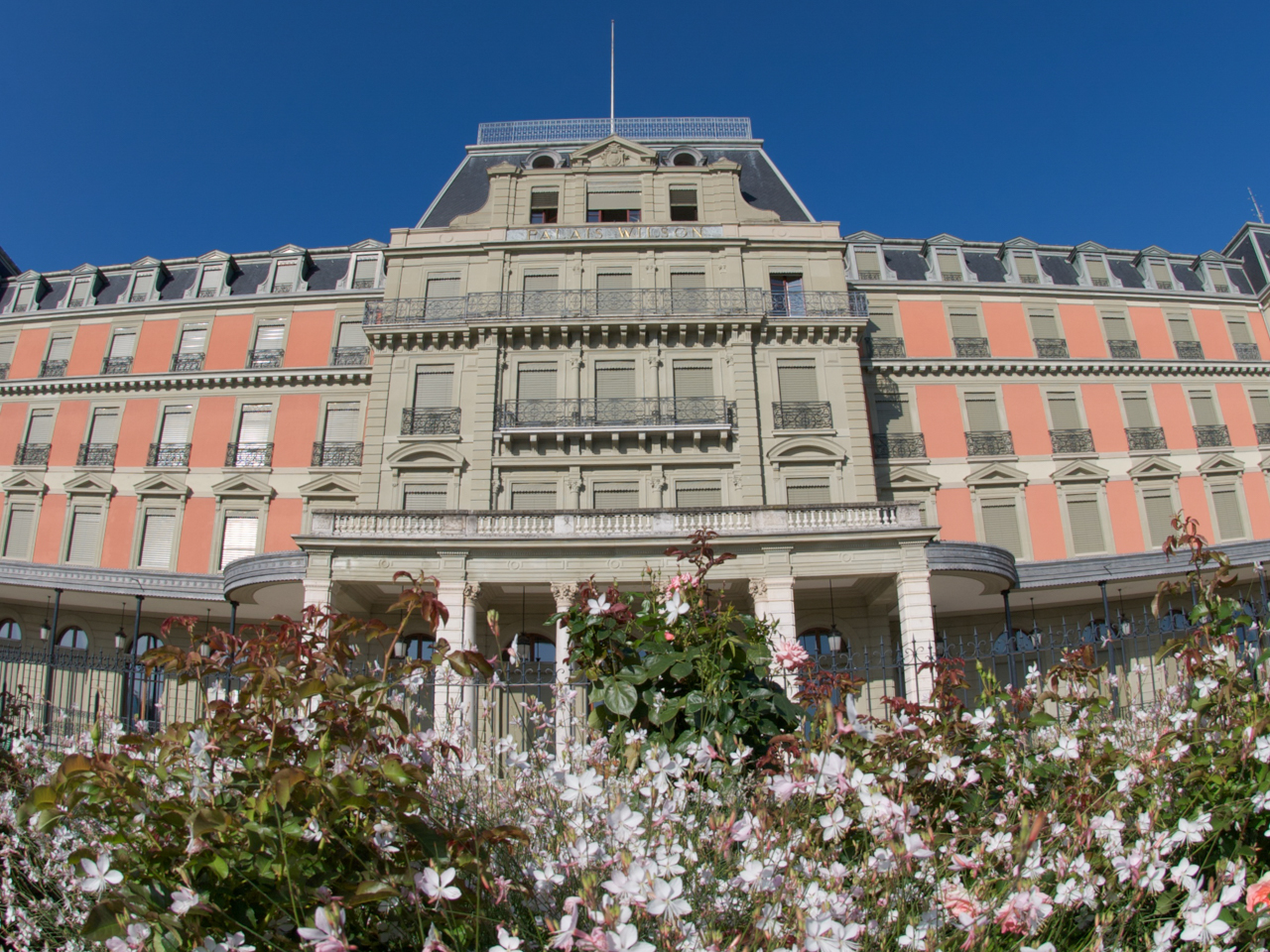*This post has been updated to reflect confirmation that ex-patriot Saudi journalist Jamal Khashoggi was killed in a planned assassination in the kingdom’s consulate in Istanbul, Turkey.
Saudi Arabia’s poor human rights record is an open secret within the international community. It is home to one of the world’s most repressive governments, especially in terms of women’s rights and freedom of expression, assembly, and association issues. The kingdom employs a male guardianship system, which renders women legal minors. Additionally, a series of broad anti-terror laws make criticism of the government a crime that can be punishable by death. Despite this, the international community has habitually overlooked Saudi Arabia’s offenses. For many states, Saudi Arabia is a strategic ally, causing the international community to hesitate to hold the kingdom accountable for its human rights abuses. However, in recent months, leading up to Saudi Arabia’s Universal Periodic Review (UPR) cycle in November 2018, the United Nations (UN) has shown an increased level of engagement and critique regarding Saudi Arabia.
Since 15 May 2018, Saudi Arabia has arbitrarily arrested and forcibly disappeared dozens of human rights defenders and activists. By May 2018, the arrests drew criticism from then UN High Commissioner for Human Rights, Zeid Ra’ad al-Hussein. The High Commissioner expressed concern over the fact that the majority of arrestees were female human rights defenders and he called on the kingdom to ensure the activists have access to all guaranteed due process rights, including legal representation. The High Commissioner also condemned Saudi Arabia for the lack of transparency and due process surrounding the cases and called for the immediate and unconditional release of human rights defenders.
After this rare statement condemning Saudi Arabia for its treatment of human rights defenders, the UN continued to call attention to human rights abuses. Nearly a month later nine UN Special Rapporteurs issued a statement urging the Saudi authorities to release women’s rights activists from arbitrary detention. The Rapporteurs emphasized the discrepancy between Saudi Arabia’s ostensible progressive policies, such as the lifting of the driving ban, and the arbitrary arrests and detainment of women activists. A few days later, when it was apparent that Saudi Arabia was not abiding by previous recommendations made by OHCHR and the Rapporteurs, High Commissioner Zeid released yet another statement reiterating the initial points and those of Rapporteurs.
On 12 October 2018, UN Rapporteurs released another statement concerning Saudi Arabia time highlighting the case of Israa al-Ghomgham. Al-Ghomgham is a woman human rights defender who was arrested in 2015 for participating in the 2011 peaceful, pro-democracy demonstrations. She was arbitrarily detained under broad counterterror laws, which criminalize freedom of expression and association; she is at risk of the death penalty. The Rapporteurs also raised concerns that al-Ghomgham may have been unfairly targeted because she is a Shia Muslim. Al-Ghomgham’s case is ongoing and her next hearing is scheduled for 28 October, but the Rapporteurs condemned her detention and called for her unconditional release, as well as the release of other human rights defenders.
In recent weeks, Saudi Arabia has also been subject to particularly harsh international scrutiny because of the disappearance and suspected murder of Jamal Khashoggi in the Saudi consulate in Istanbul – a prominent ex-patriot Saudi journalist who was formerly the editor of Al-Watan, but who has been a contributing Washington Post columnist and highly critical of the Saudi government – the murder has since then been confirmed. On 16 October, the Michele Bachelet, the new High Commissioner for Human Rights urged the Governments of Saudi Arabia and Turkey to reveal everything they know about Khashoggi’s disappearance and possible extrajudicial killing. The High Commissioner also noted that because he was last seen entering the Consulate, it is Saudi Arabia’s responsibility to reveal his whereabouts. High Commissioner Bachelet noted that both Saudi Arabia and Turkey are State Parties to the UN Convention against Torture and Other Cruel, Inhuman or Degrading Treatment or Punishment. As a result, they are obligated to take all measures to prevent torture and enforced disappearances, to investigate allegations of acts constituting these crimes, and to hold perpetrators accountable. It has come to light that Saudi agents have killed Khashoggi in a pre-meditated manner, contradicting the kingdom’s earlier claims that he had left the consulate hours after he arrived.
Over the past five months, the UN has expressed increased concern on human rights issues in Saudi Arabia. This increased engagement may continue through November, when Saudi Arabia undergoes its 3rd UPR cycle. The sustained support that the UN has given human rights defenders who are subject to various human rights abuses in Saudi Arabia in these past five months is a positive sign that the UN is aware of, and monitoring, the situation in Saudi Arabia. The level of engagement should not end with the UPR, but should continue, to demonstrate to the kingdom that the international community is paying attention and is concerned.
Rebecca Leussing is an Advocacy Intern at ADHRB.





